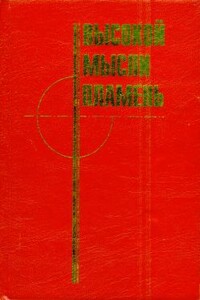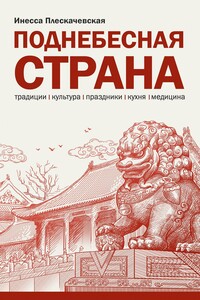The notion that Grossman might play a part in the Simpson case had generated excitement at his law firm, and he felt he owed his colleagues an explanation for his decision. At 11:12 A.M. on July 6, 1994, he sent an E-mail message around his firm that said, “I am sending a letter to the lead trial lawyer in the case this morning informing him of my decision” not to join the defense effort. The Simpson case, Grossman went on, “carries with it a high risk of racial divisiveness for our community, a situation which I don’t wish to contribute to and would rather reserve the opportunity for a healing role if need be.”

Johnnie L. (just “L”) Cochran, Jr., loved appearing on Nightline-as well as the Today show, the CBS Evening News, and the NBC Nightly News. In the days immediately after the murders in Brentwood, he did them all, and the programs’ producers were happy to have him, too. Cochran was a poised, accomplished, telegenic African-American lawyer, the answer to a network booker’s dreams. Within a week of the murders, the Today show even made him a paid consultant.
As it happened, on the evening of June 17, 1994-the day Al Cowlings led the nation on the low-speed chase down the Los Angeles freeways-Cochran was booked to analyze the events of the day on Nightline. Though television viewers never knew it, Cochran’s position in the case was considerably more complicated than that of the other legal experts who were surfacing in the media to analyze the case. Cochran had personal knowledge of what was going on behind the scenes. He was a friend of O.J. Simpson’s-not, in normal circumstances, an intimate confidant, but certainly a long-term acquaintance. Since the day of the murders, Simpson had been on the phone with Cochran talking about his plight and asking the attorney to join in his defense efforts. On the air, Cochran was cautious and only mildly pro-defense. His comment that evening on Nightline was typical of what he was saying on all the programs: “I think that the important thing for all Americans to understand is that this is a tragic, tragic case, but at this point he’s still presumed to be innocent.”
Off camera, though, Cochran, like Shapiro, could afford to be more blunt. For example, during a break in the broadcast of Nightline on June 17 in ABC’s studios in Los Angeles, Cochran sized up the situation very differently from the way he did for the program’s viewers. “O.J. is in massive denial,” Cochran told a friend. “He obviously did it. He should do a diminished-capacity plea and he might have a chance to get out in a reasonable amount of time.” When, the following week, Cochran traveled to Burbank for his early-morning duty to the Today show, he expressed the same sentiments-likewise to friends, off camera.
But in the days to come, as Cochran continued to listen to Simpson’s entreaties, the lawyer learned that the defendant had no interest in pleading guilty. He wanted to go to trial and win-and he wanted Cochran to represent him. Cochran was torn. He enjoyed the broadcasting work; it was easy, flattering, low-stress, and, at several hundred dollars per appearance on Today, the money wasn’t bad, either. But how could he turn down what was shaping up to be the trial of the century? Unlike Shapiro, Cochran’s métier was trying cases, working before juries in a courtroom. Questioning Cochran on the June 20 edition of the Today show, Bryant Gumbel made note of the differences in the two men’s reputations. “Mr. Shapiro has a great reputation as a plea bargainer,” Gumbel said. “Do you think him the best man to represent O.J. in a criminal trial?” Cochran’s response was a study in condescension toward Shapiro-and nothing less than an advertisement for himself.
“Well, again,” Cochran told Gumbel, “I think there are lawyers and there are lawyers. He is a fine lawyer, but if the matter is to be tried, I think one needs one who is very well experienced and skilled in trying cases-a litigator, if you will. And I would not be surprised if you didn’t see a lawyer-another lawyer, trial lawyer-come in and do that.” Cochran, of course, did not let on that he was in fact at that very moment weighing whether to step in and take that trial lawyer role.


